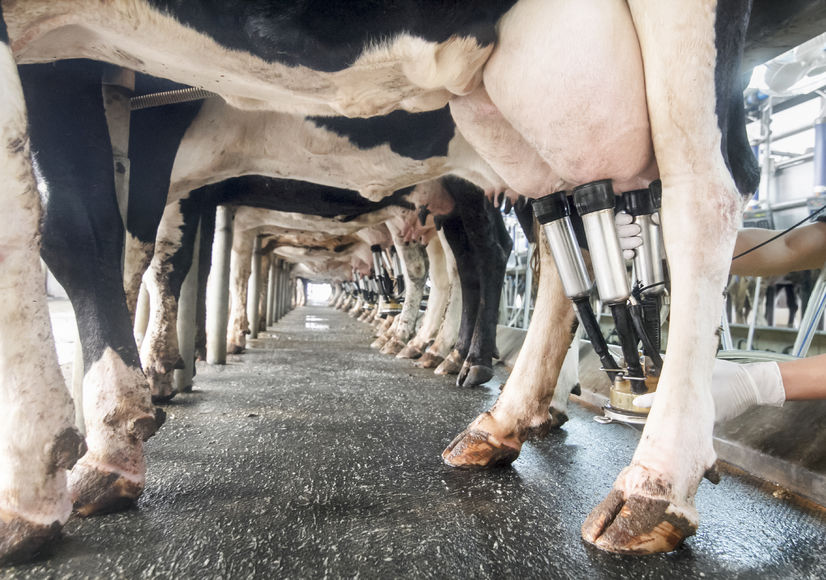Dairy sector calls for better access to foreign workers amid labour crisis

The UK dairy sector has called for better access to foreign workers in order to help soothe the labour crisis in the short term.
The ask was made during the Royal Association of British Dairy Farmers' (RABDF) roundtable event at the House of Lords earlier this week.
It comes after a survey showed that more than one in ten dairy producers would leave the sector if chronic staff shortages did not improve.
The roundtable event discussed ways to create create a short and longer term pipeline of employees coming into the industry.
The event, consisting of representatives from the dairy sector as well as government officials, heard that access to foreign labour was "something we still need in the short term".
In the longer term, education in schools, brand building, skills development and attracting employees from diverse backgrounds was needed.
The roundtable event also included representatives from land-based colleges, dairy farmers, HR experts and processors.
RABDF’s Di Wastenage said labour on UK dairy farms was a 'paramount issue' affecting many businesses, warning that a pipeline of employees was needed to "safeguard" the industry.
“This week’s roundtable was an invaluable discussion on how to create a short- and longer-term pipeline of employees coming into the industry," she added.
“This isn’t something that can be done overnight, and it will take time to prioritise how we do this and the key stakeholders needed to help us get there.
“It’s clear that access to foreign labour is something we still need in the short term, so we will be reiterating that message in our submission to the Shortage Occupation List (SOL) Review.
“However, it is not a long-term solution - we need to look at a myriad of options from education in schools, brand building, skills development, attracting employees from diverse backgrounds, and setting up a dairy scholarship scheme, as examples.
“Following the roundtable, the next steps are to identify the key players and where the shortages lie, which we hope to achieve with our 2023 labour survey,” she said.
Results from the RABDF labour survey will outline where the barriers are to recruitment, the extent of the labour problem on UK farms and the impact it is having.
The survey is live and all dairy farmers can complete it by 20 May.








